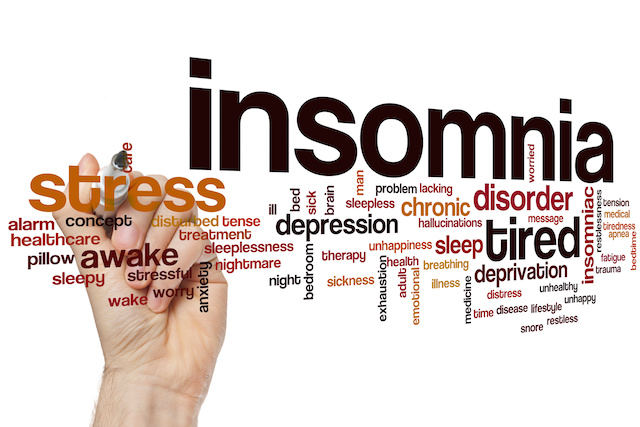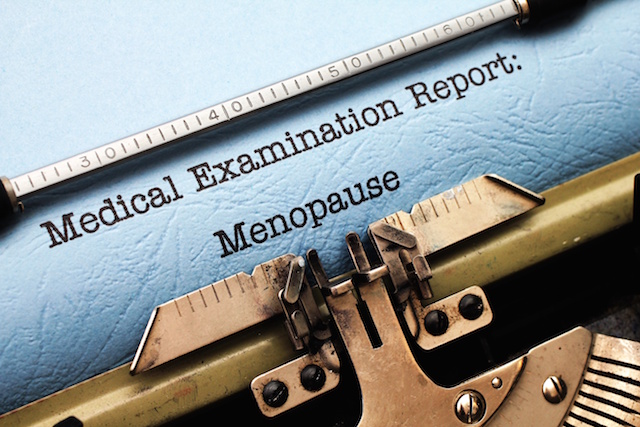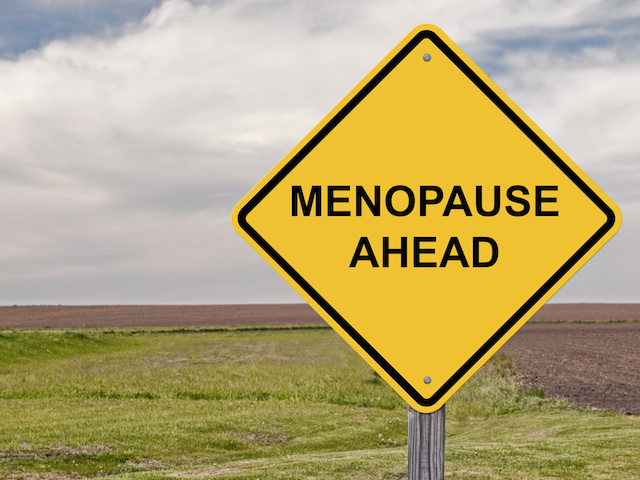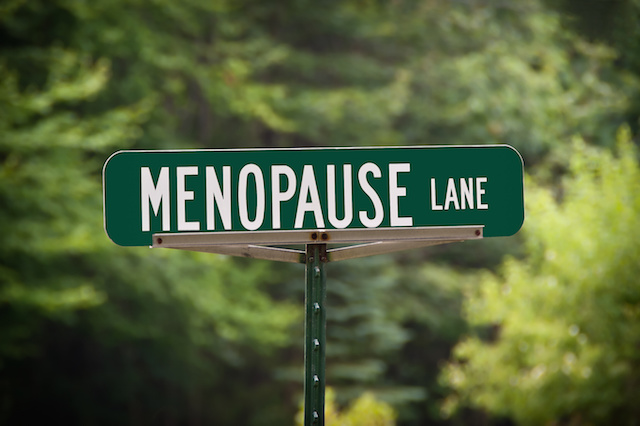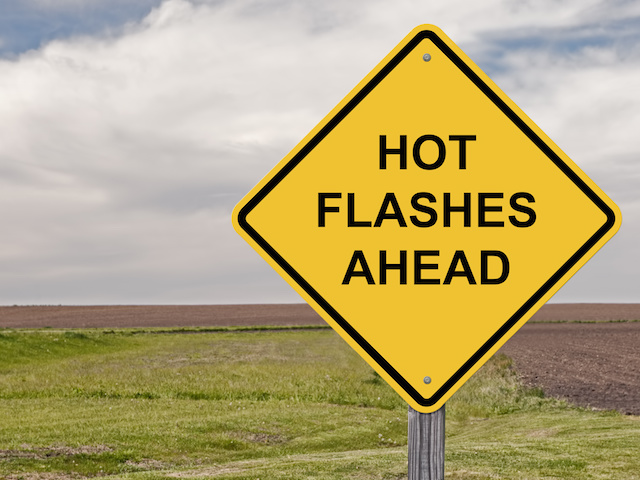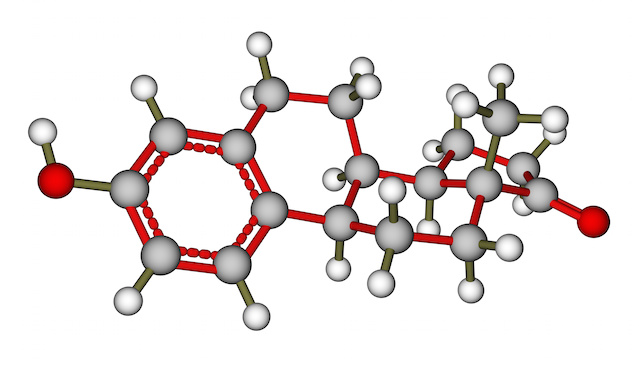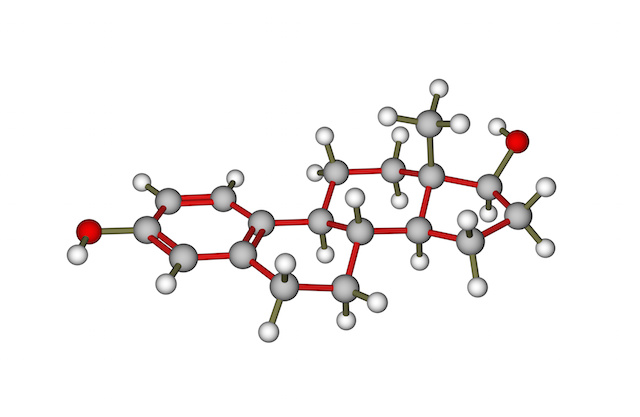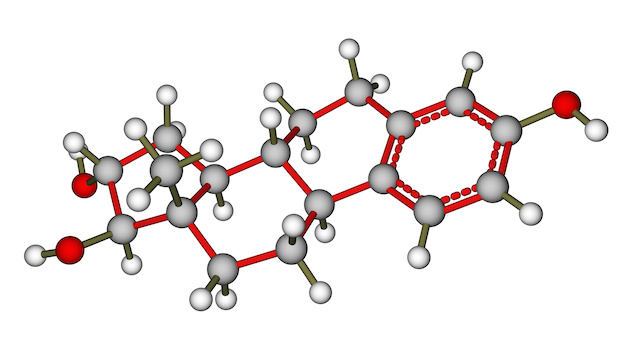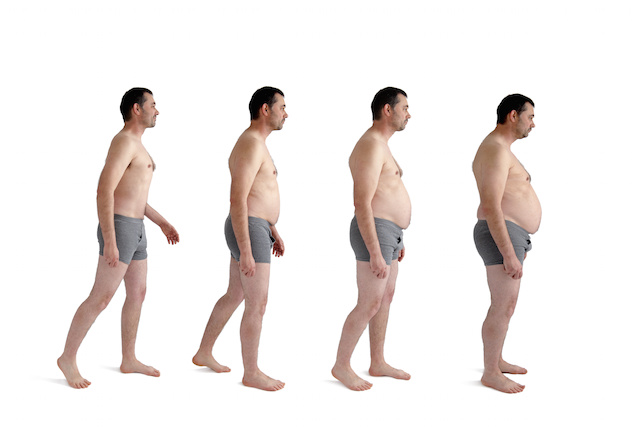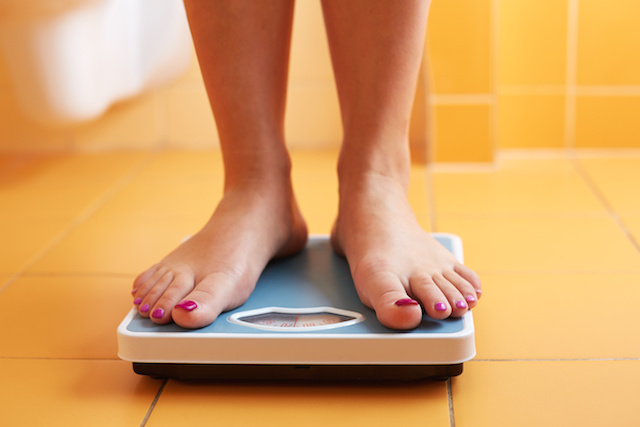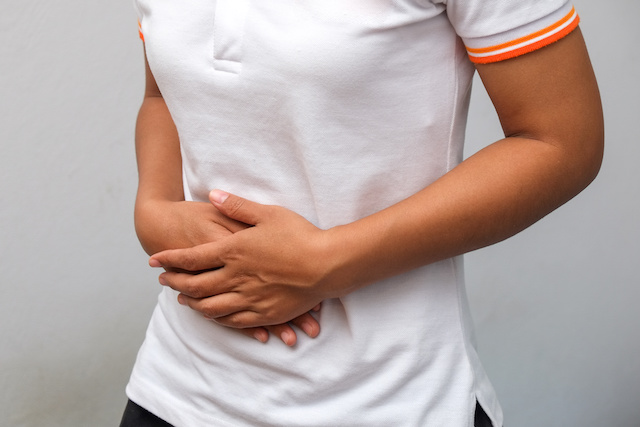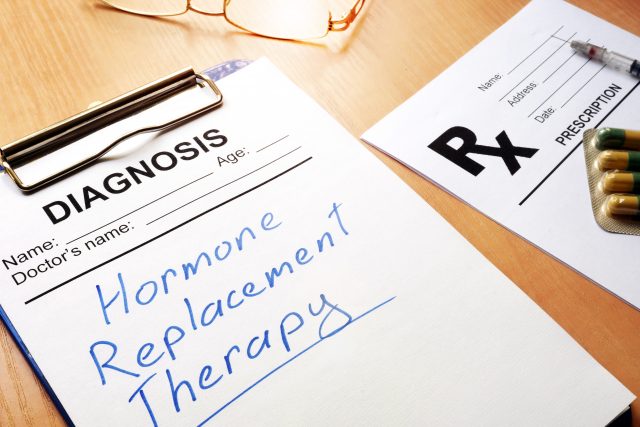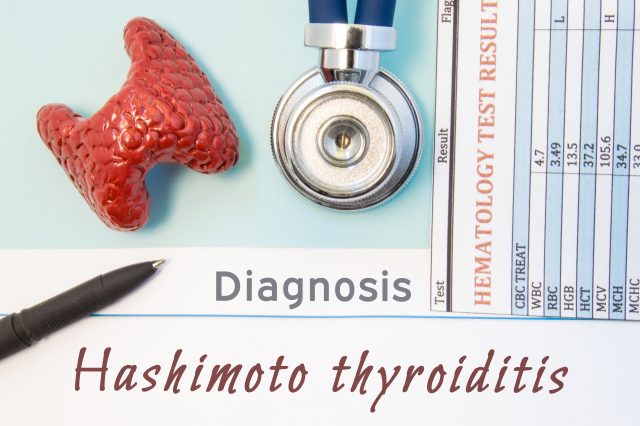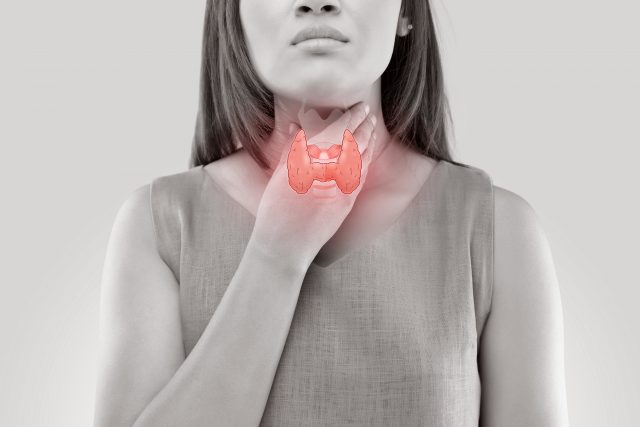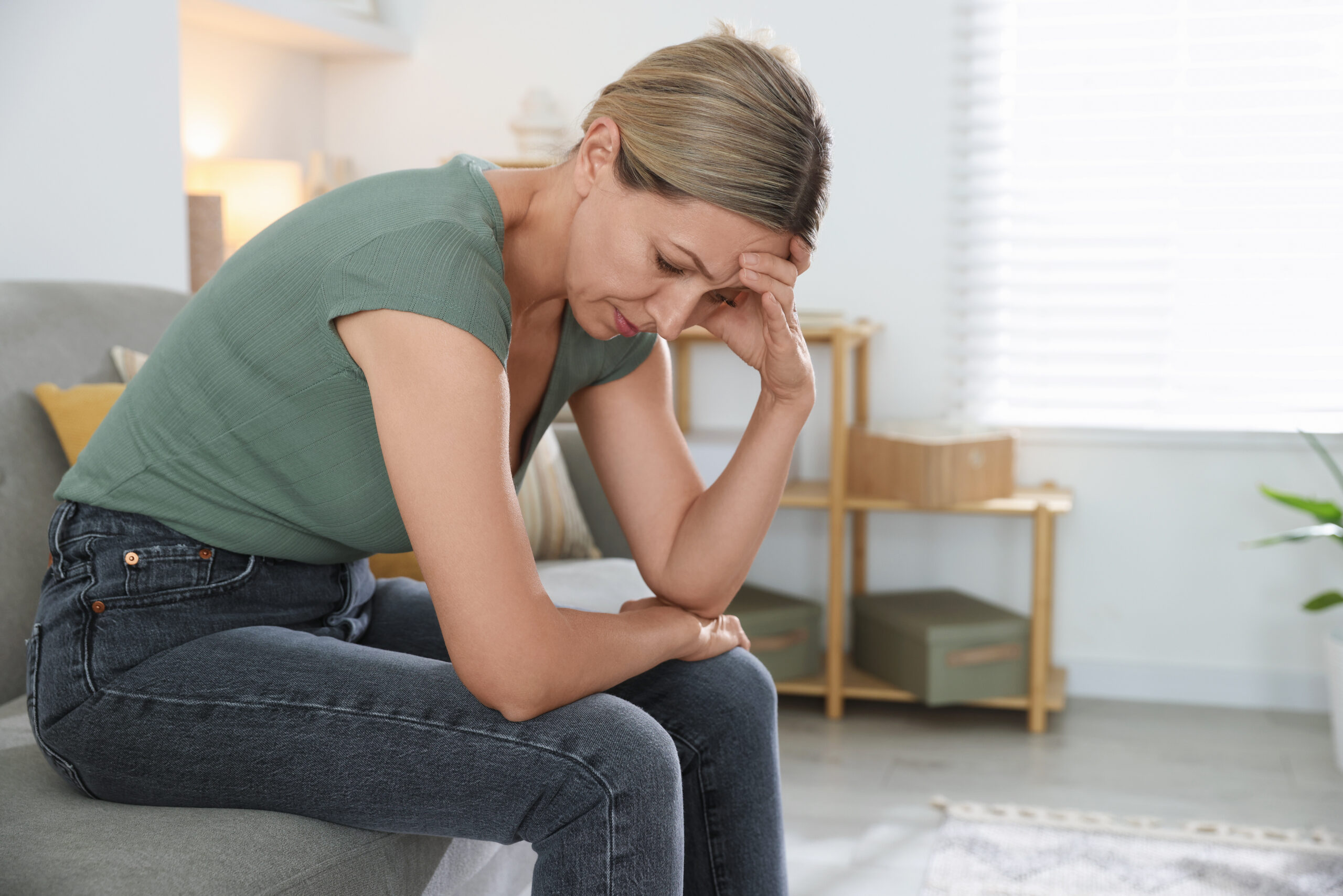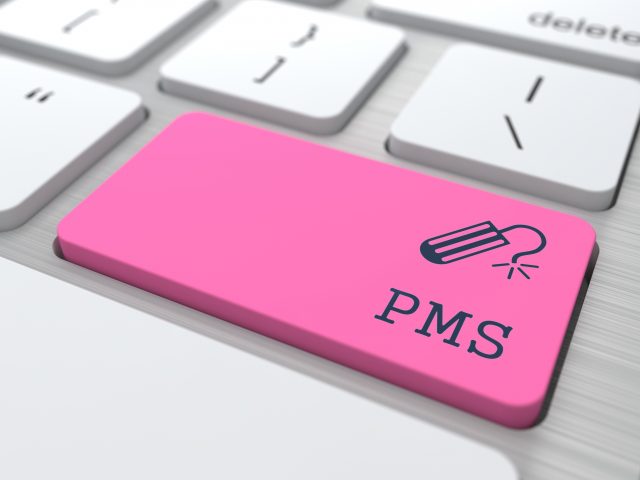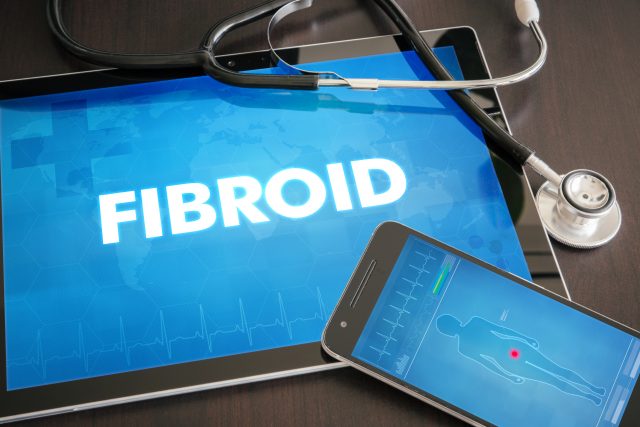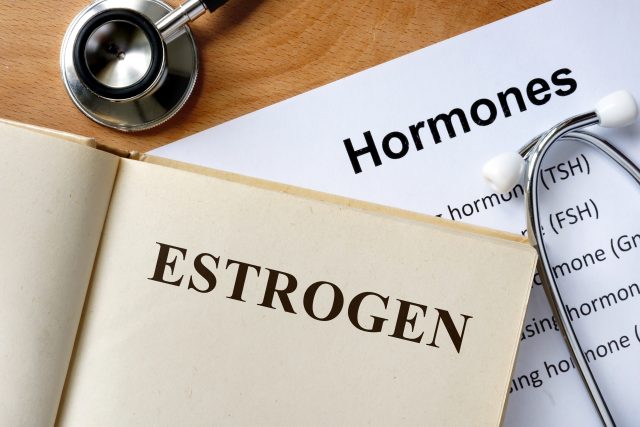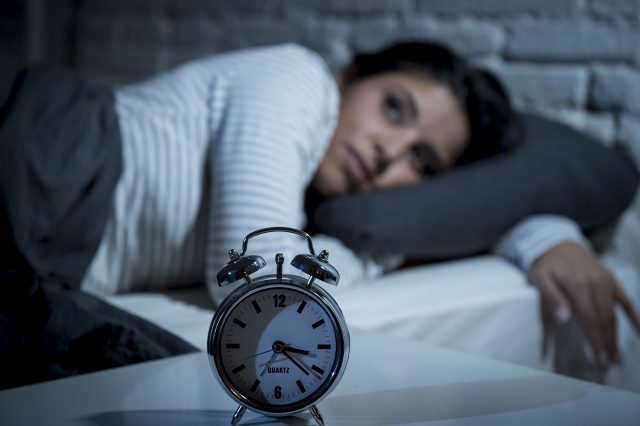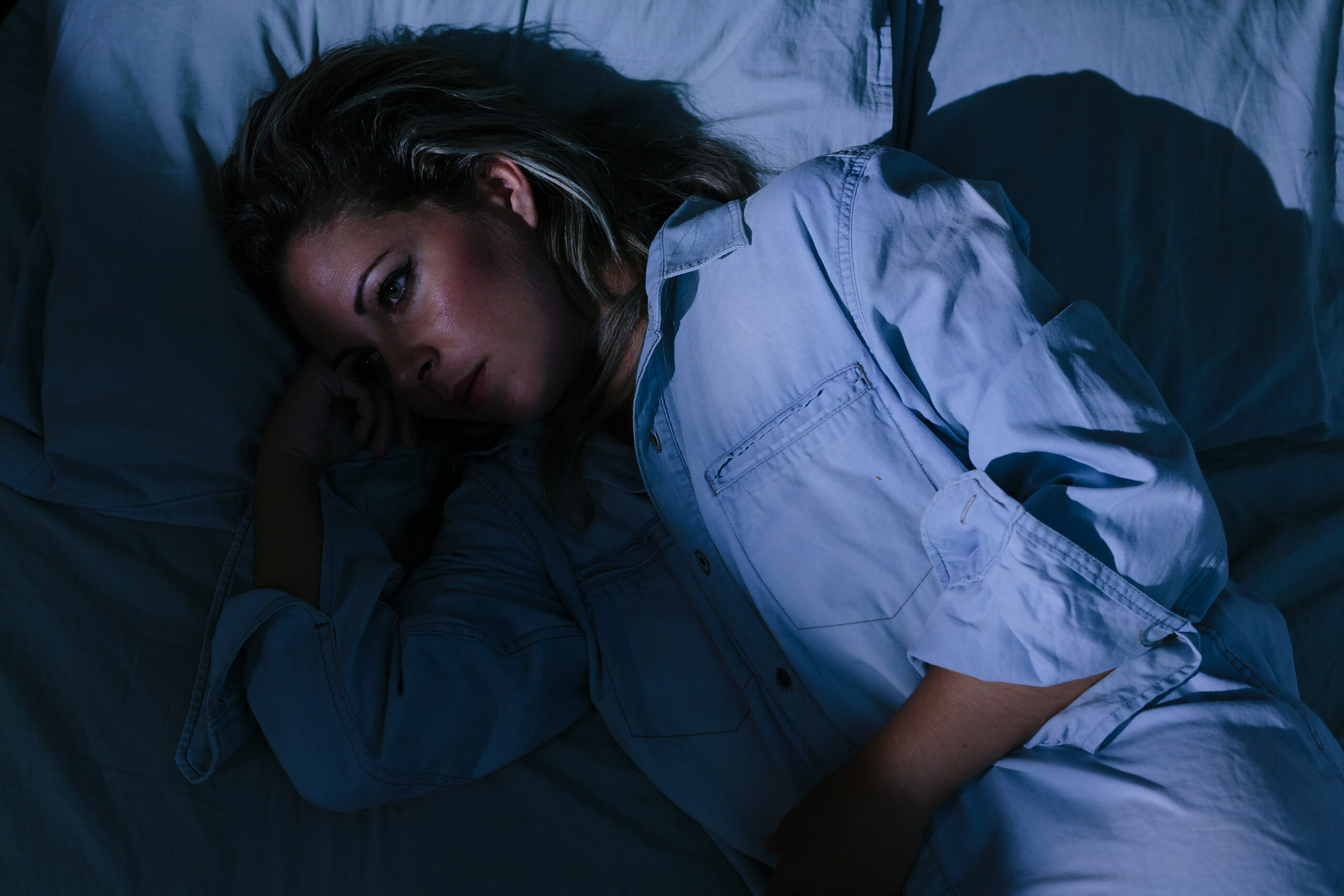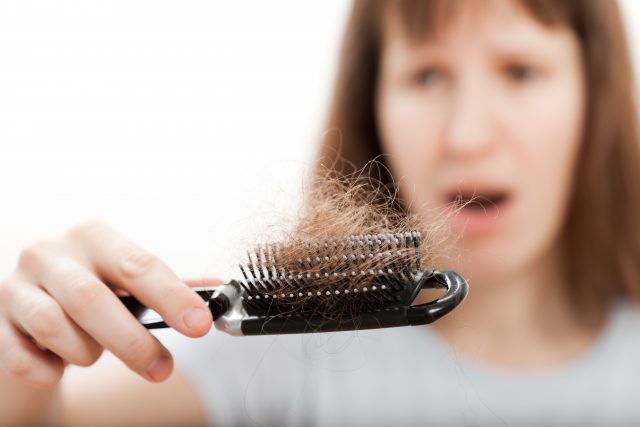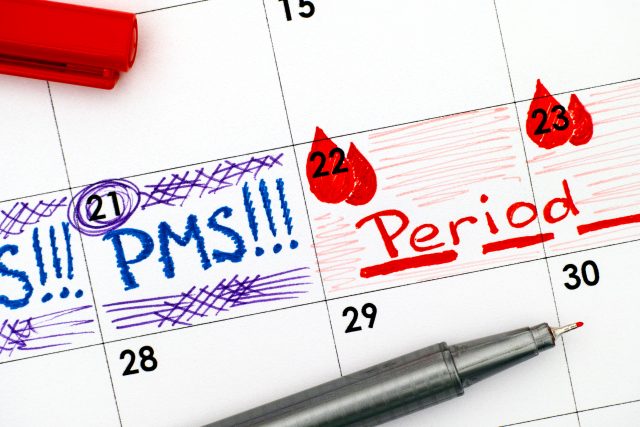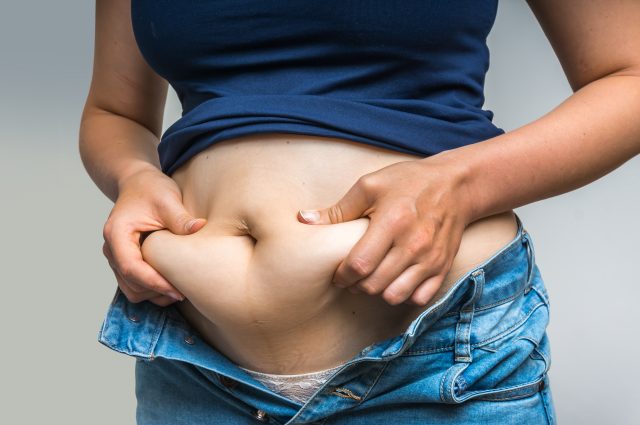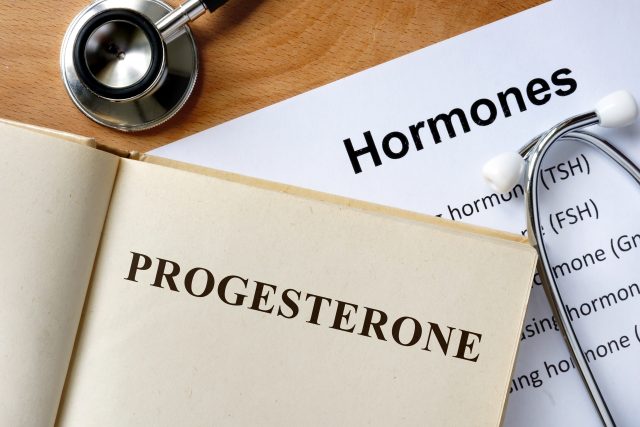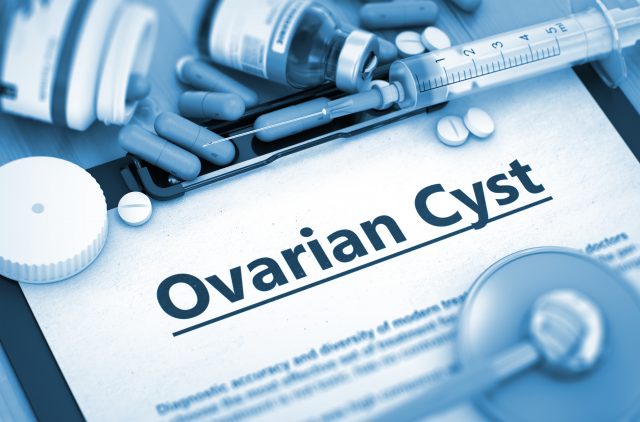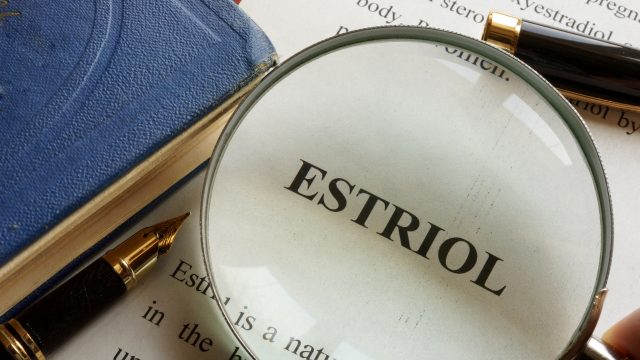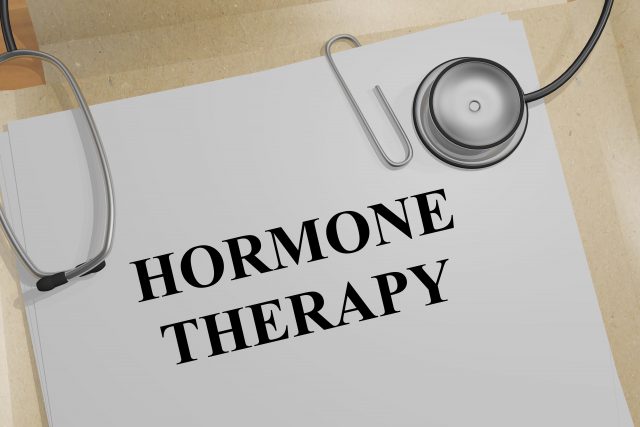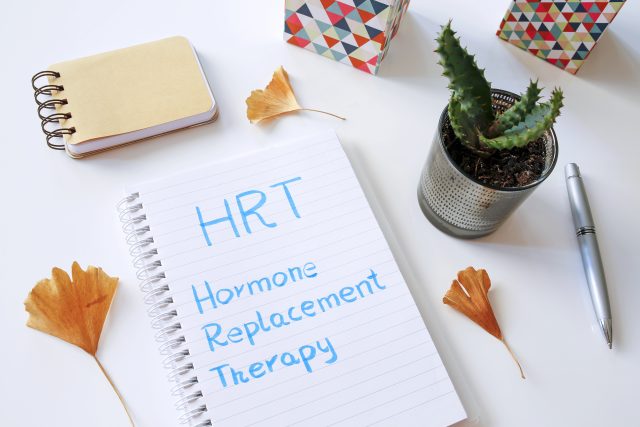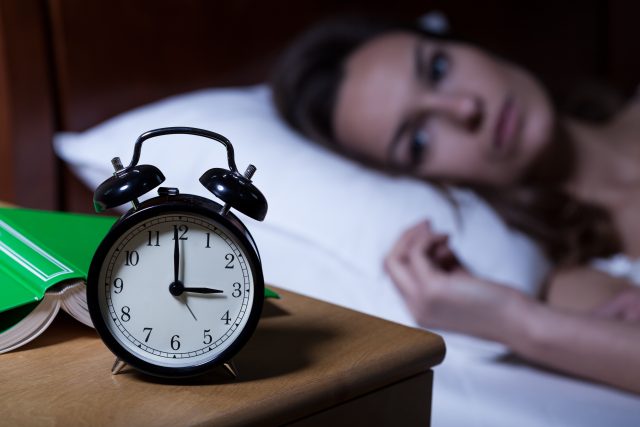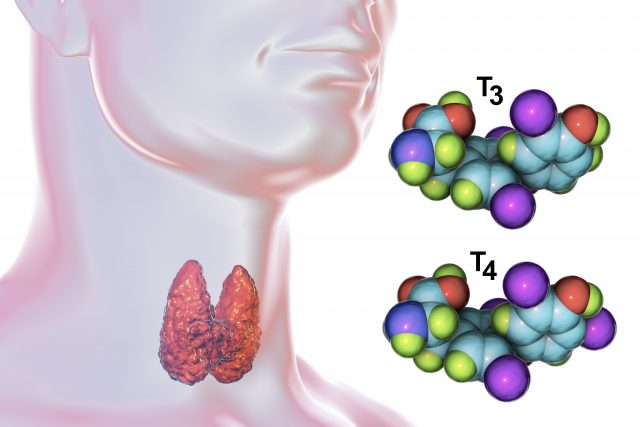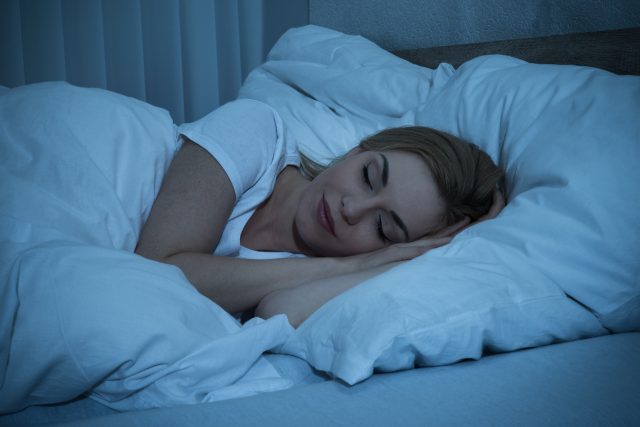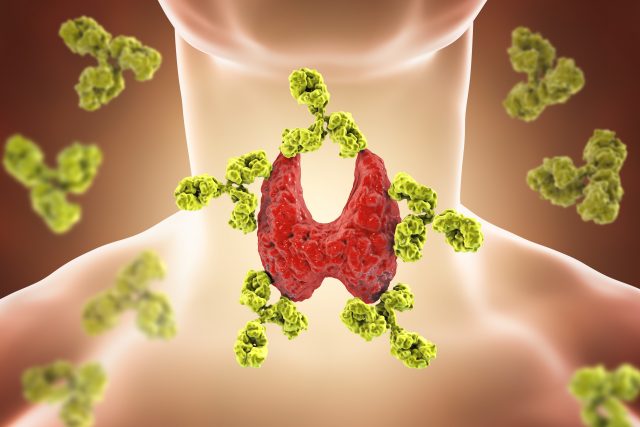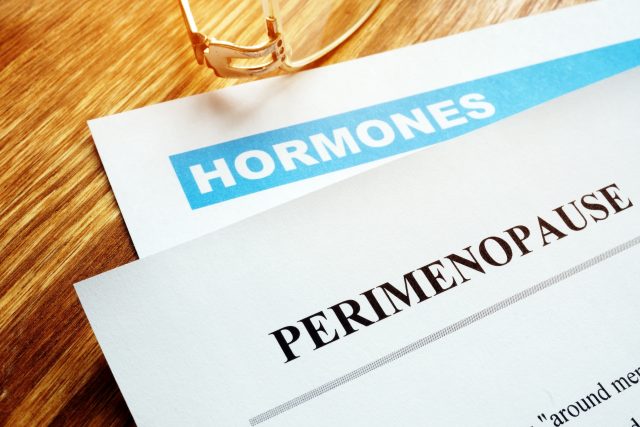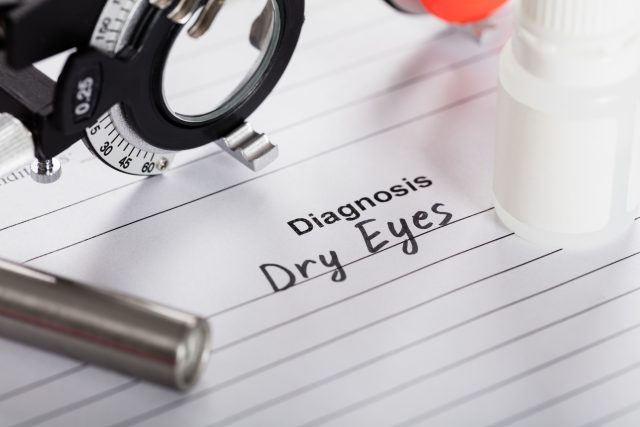Perimenopause and Insomnia
Sleep trouble is common in women but it is especially apparent in perimenopause. Most often women in perimenopause complain they cannot stay asleep through the night. In perimenopause, some women will comment there may be no trouble falling asleep but 4 hours later they wake up.
Once awake they cannot fall back to sleep for 45min to several hours. Of course, after finally falling back asleep, the alarm is ringing shortly thereafter. This interrupted sleep pattern is notorious for daytime fatigue.
There are many remedies, OTC and prescription sleep aids, including benadryl, unisom, tylenol/advil pm, zzzquil, ambien, lunesta, melatonin, valerian and teas. Unfortunately, these sleep aids and many like them help a woman fall asleep but does not help them stay asleep.
The connection between perimenopause and waking in the night is related to the drop in progesterone at this time in life. Hormonal decline is natural process of aging for females. During the time before menopause the estrogen levels may drop a small bit, but the progesterone can take a drastic drop. This drop in progesterone can cause other symptoms such as irritability, heavy and long periods, acne, hair loss/thinning, weight gain to name a few.
In our practice we find using bio-identical progesterone works well for the suitable appropriate patient suffering from perimenopausal insomnia. I would never encourage a woman to take birth control pills to control her symptoms of perimenopause as the safety issues outweigh the limited benefits.
There are many different forms and dosages for progesterone in the perimenopausal female, such as creams, capsules, troches, sublingual, cycling. The art is to find the proper dose for each individual as there is not one size fits all in bio-identical hormone replacement.
If you have more questions regarding perimenopause and insomnia, please feel free to contact

